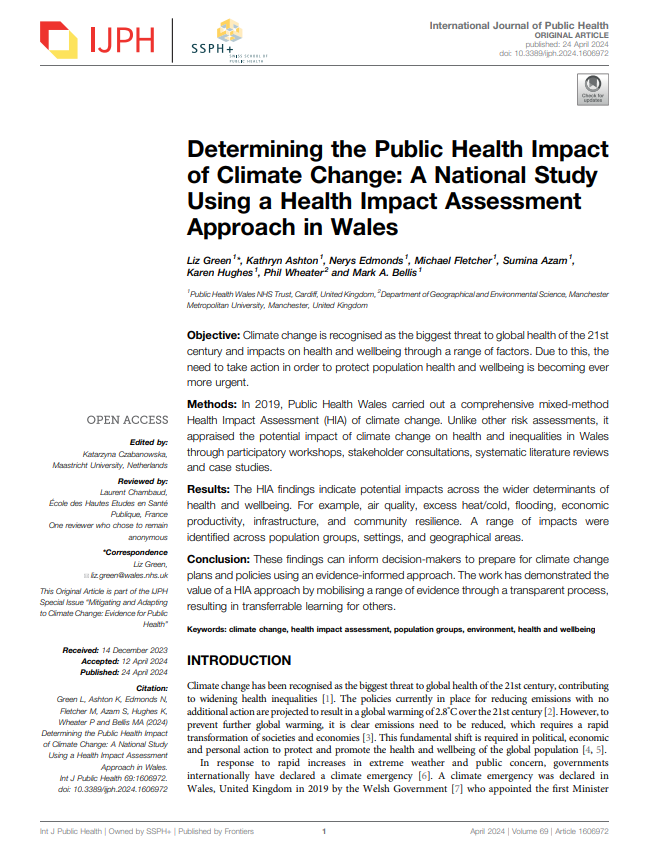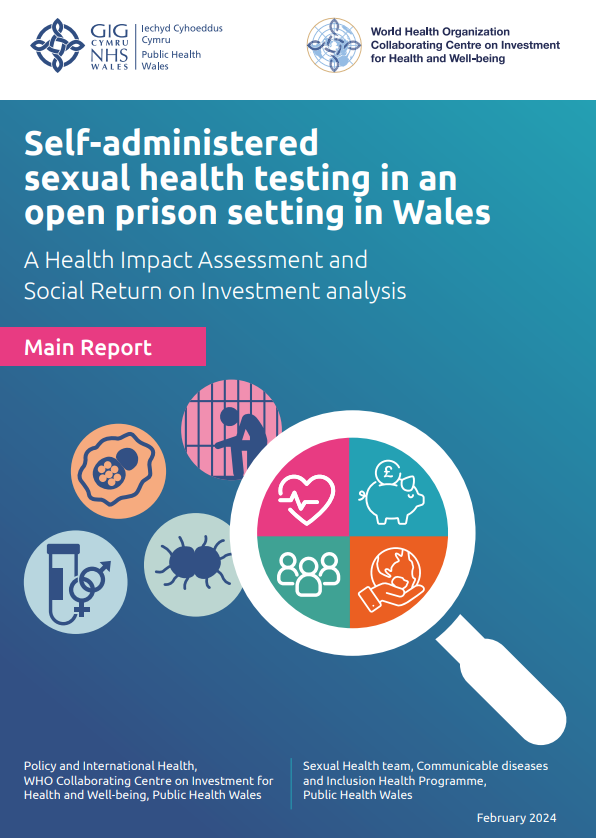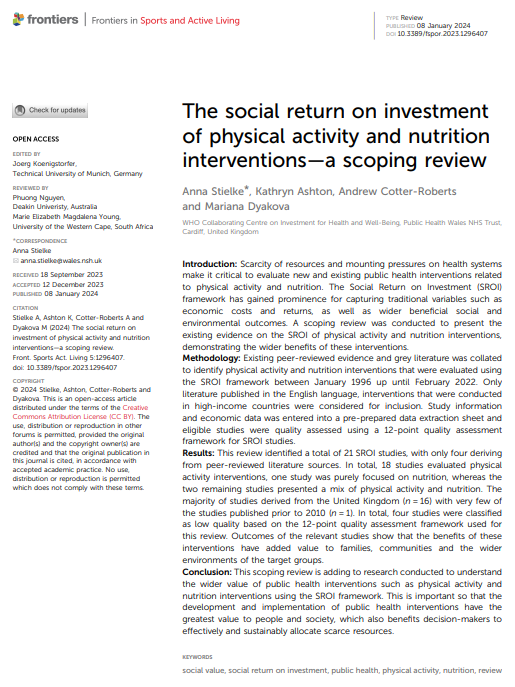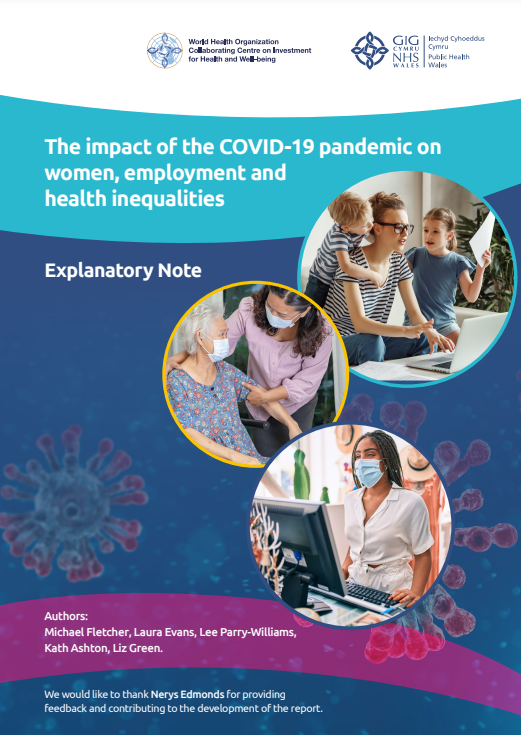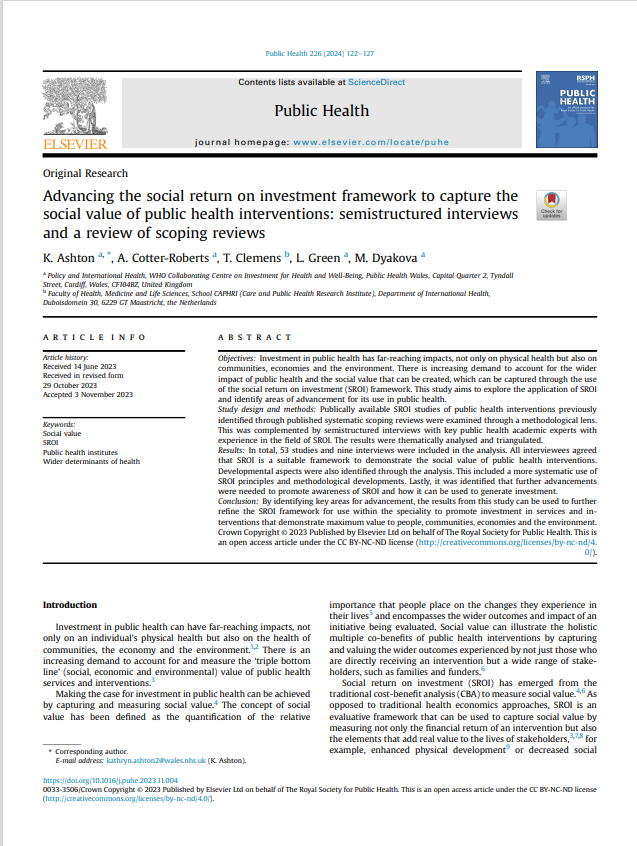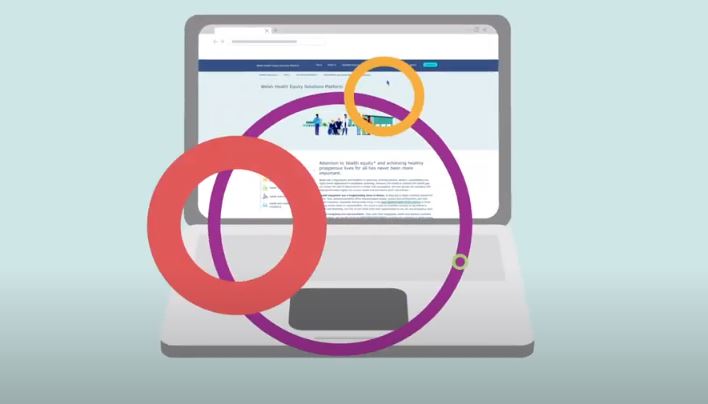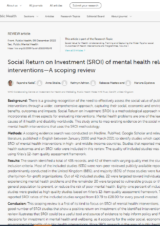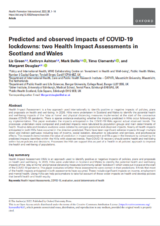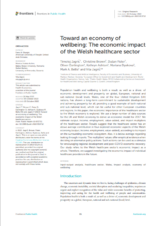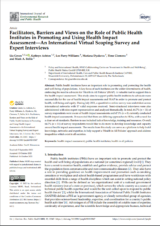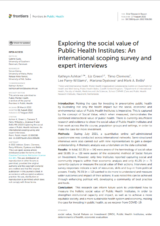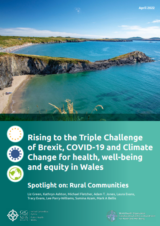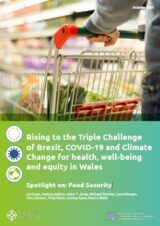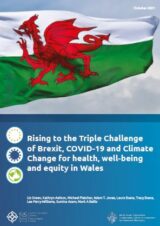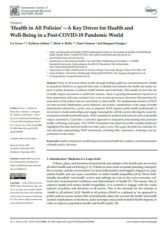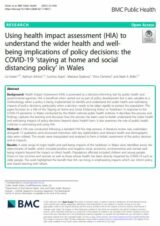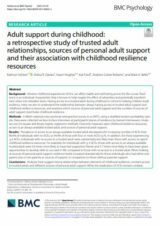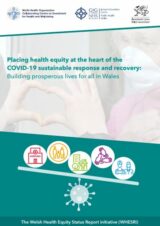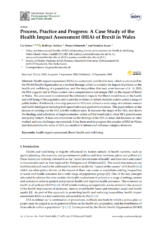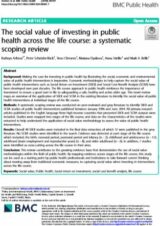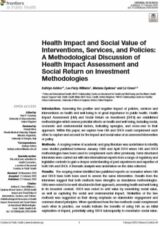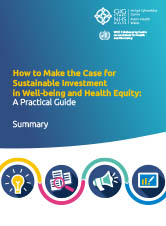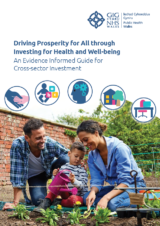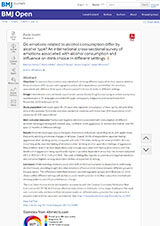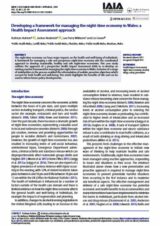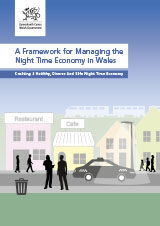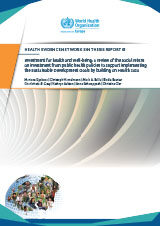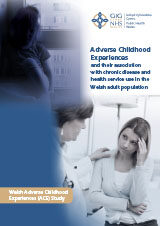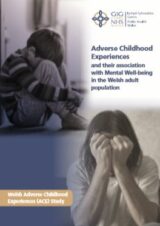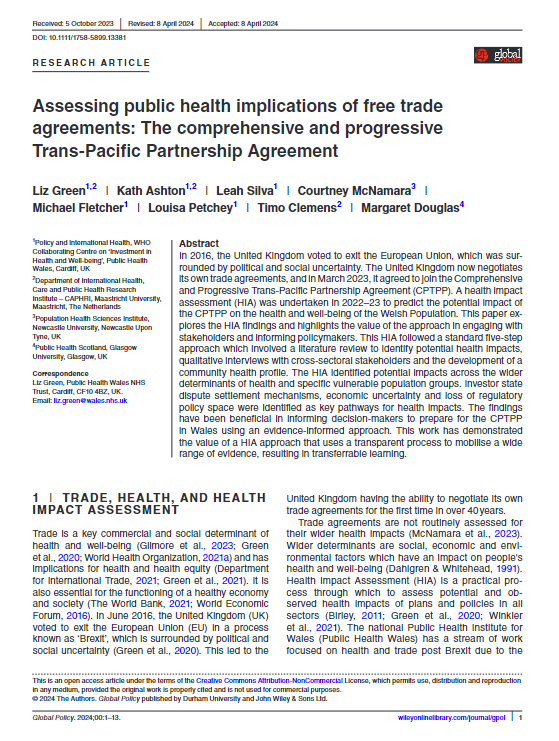
Assessing public health implications of free trade agreements: The Comprehensive and Progressive Trans-Pacific Partnership Agreement
In 2016, the United Kingdom voted to exit the European Union, which was surrounded by political and social uncertainty. The United Kingdom now negotiates its own trade agreements, and in March 2023, it agreed to join the Comprehensive and Progressive Trans-Pacific Partnership Agreement (CPTPP). A health impact assessment (HIA) was undertaken in 2022–23 to predict the potential impact of the CPTPP on the health and well-being of the Welsh Population. This paper explores the HIA findings and highlights the value of the approach in engaging with stakeholders and informing policymakers. This HIA followed a standard five-step approach which involved a literature review to identify potential health impacts, qualitative interviews with cross-sectoral stakeholders and the development of a community health profile. The HIA identified potential impacts across the wider determinants of health and specific vulnerable population groups. Investor state dispute settlement mechanisms, economic uncertainty and loss of regulatory policy space were identified as key pathways for health impacts. The findings have been beneficial in informing decision-makers to prepare for the CPTPP in Wales using an evidence-informed approach. This work has demonstrated the value of a HIA approach that uses a transparent process to mobilise a wide range of evidence, resulting in transferrable learning.

